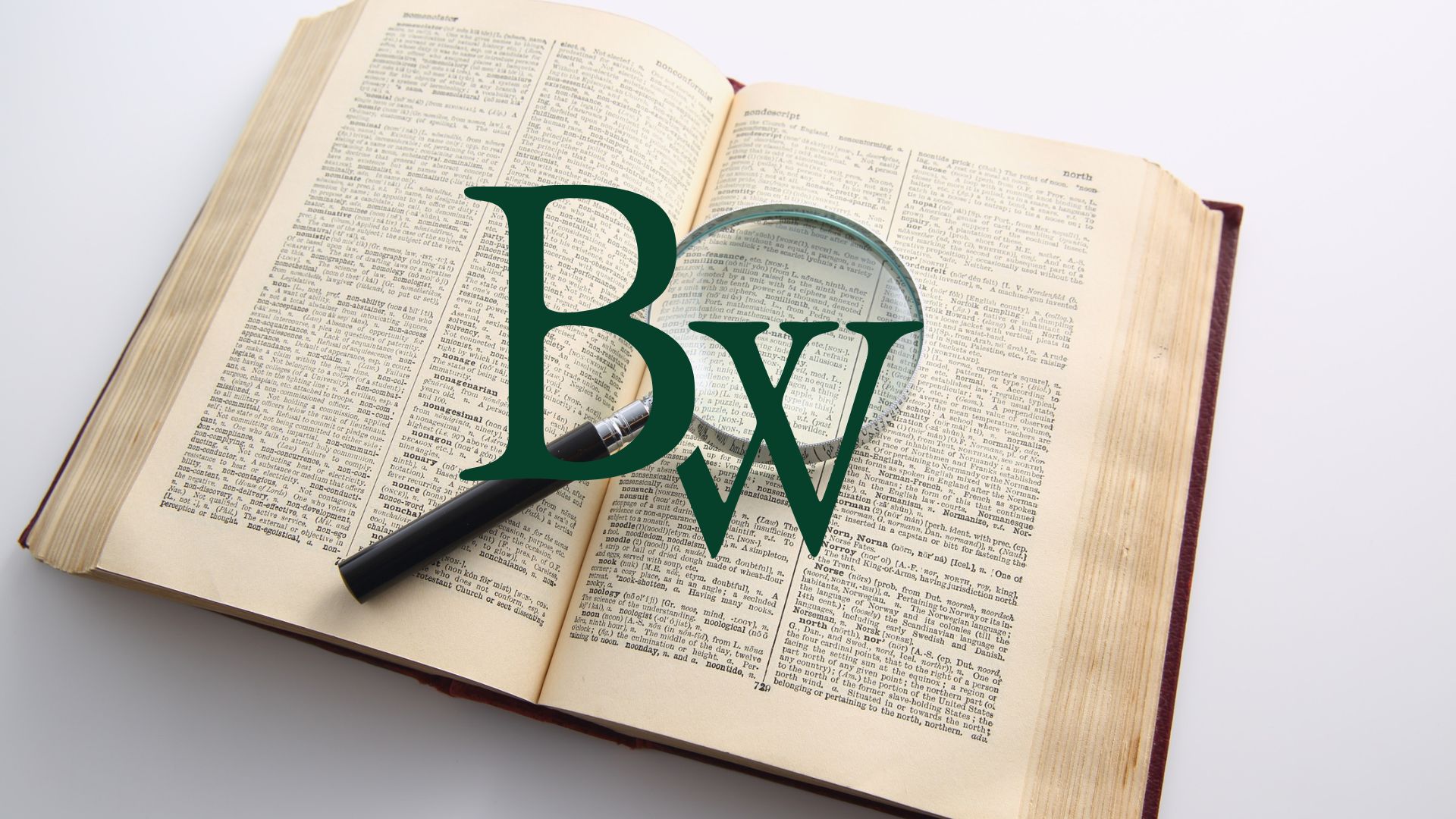License
Definition:
A license is a legal authorization that grants permission to a person or entity to perform an act, use property, or engage in an activity that would otherwise be unlawful without such consent. In real estate and business contexts, it often refers to permission to use property or to engage in regulated professions.

License Information
A license does not convey ownership but provides limited rights to use property or perform certain acts. For example, a property owner may grant someone a license to enter or use their land for a specific purpose, such as parking or construction access.
In professional settings, licenses are issued by regulatory agencies to ensure that individuals meet specific qualifications and adhere to ethical and legal standards—for example, real estate brokers, contractors, and attorneys must hold valid licenses.
Licenses can generally be revoked, modified, or terminated according to the terms of the grant or applicable law, distinguishing them from more permanent property interests like easements.
Florida Legal Definition
Under **Florida law**, a license is considered a temporary and revocable privilege rather than a property right. In real property law, it is the permission to perform an act on another’s land without transferring any estate or interest, as recognized under Florida common law principles.
Professional and business licensing is regulated by specific statutes, including **Chapter 455, Florida Statutes**, which governs the **Department of Business and Professional Regulation (DBPR)**. Licenses are required for various professions, such as real estate, construction, and healthcare, and must be maintained through renewals and compliance with statutory requirements.
How It’s Used in Practice
In practice, licenses are essential in both property and business contexts throughout Florida.
- Property owners grant licenses for short-term use of land or facilities, such as event access or parking privileges.
- Real estate professionals, contractors, and appraisers must obtain and maintain DBPR-issued licenses to operate legally.
- Licenses are often included in contracts, leases, or agreements specifying conditions and duration.
- Courts treat licenses as revocable privileges unless coupled with an interest or consideration that makes them irrevocable for a period.
Proper licensing ensures legal compliance, protects consumers, and clarifies rights between parties.
Key Takeaways
- A license grants temporary permission to perform an act or use property without conveying ownership.
- In Florida, licenses are revocable privileges under both common law and statutory frameworks.
- Professional licenses are regulated by the Florida Department of Business and Professional Regulation (DBPR).
- Licenses differ from easements or leases because they do not create permanent property rights.
- Maintaining valid licenses ensures lawful operation and prevents penalties or contract disputes.
Disclaimer: The information and opinions provided are for general educational, informational or entertainment purposes only and should not be construed as legal advice or a substitute for consultation with a qualified attorney. Any information that you read does not create an attorney–client relationship with Barnes Walker, Goethe, Perron & Shea, PLLC, or any of its attorneys. Because laws, regulations, and court interpretations may change over time, the definitions and explanations provided here may not reflect the most current legal standards. The application of law varies depending on your particular facts and jurisdiction. For advice regarding your specific situation, please contact one of our Florida attorneys for personalized guidance.
Visit our legal department pages:
Real Estate Attorneys
Business Attorneys
Litigation Attorneys
Estate Planning Attorneys
Inheritance Attorney
Probate & Trusts
Trust • Experience • Results
Ready to Get Started?
Get started with Barnes Walker today.








